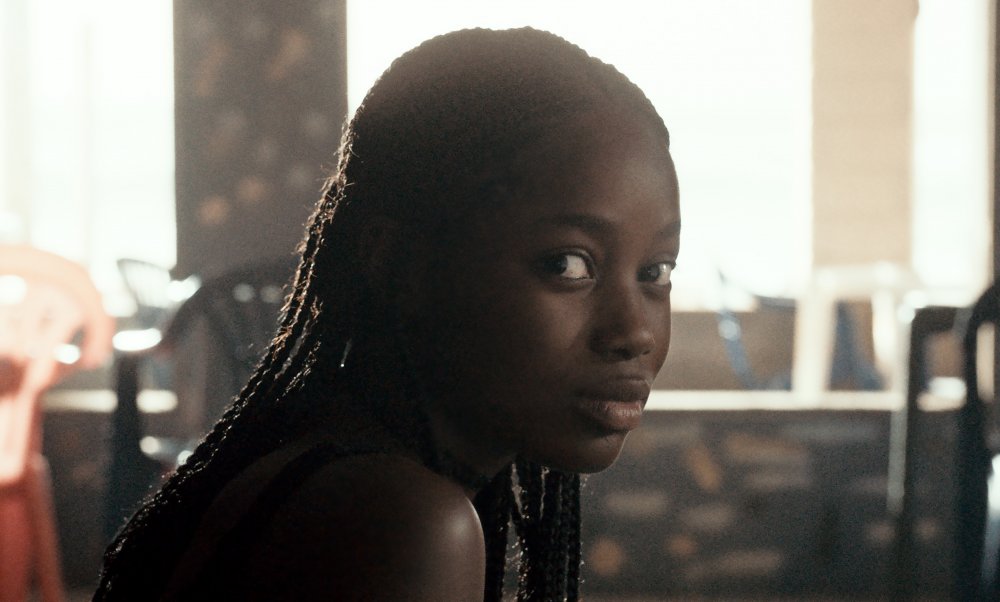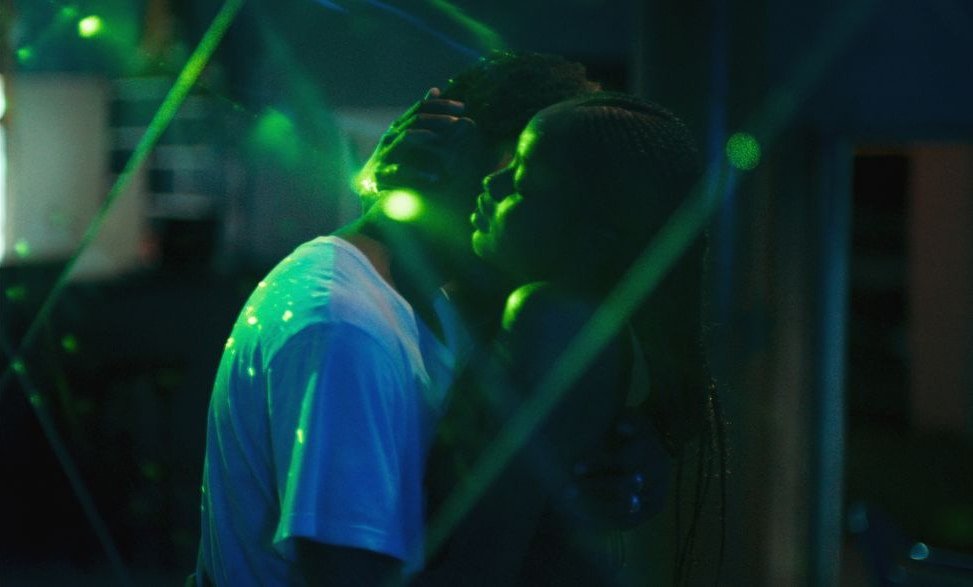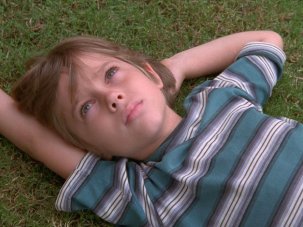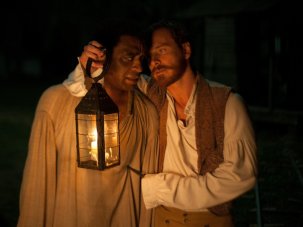Though all at once a forbidden love story, a piece of science-fiction and a brittle account of illegal migration, Atlantics is above everything a vastly enterprising piece of storytelling from Senegalese actor and filmmaker Mati Diop.
France/Senegal/Belgium 2019
1hr 44mins
Director Mati Diop
Cast
Souleiman Traore
Ada Mame Bienta Sane
Issa Mbow
Dior Nicole Sougou
Fanta Aminata Kane
Moustapha Ibrahima Mbaye
Omar Babacar Sylla
Cheikh Abdou Balde
Mr. Ndiaye Diankou Sembene
Mariama Mariama Gassama
Thérèse Coumba Dieng
[1.66 : 1]
Based loosely on her 2009 short film Atlantiques – a static and simple documentary about a band of male friends who embark on a life-threatening boat crossing – Diop’s feature debut begins on a construction site at the base of a majestic glass hotel in Dakar. The men who have exhausted themselves building a world that they could never afford to live in are owed three months’ wages, and have reached a point of despair. Among them is Souleiman (Traore), a strong-jawed and solemn young worker who finds solace in his affair with a local girl, Ada (Mame Bineta Sane), who is betrothed to the scion of a far wealthier family.
Diop is efficient with her pacing and deals the film’s big blow early: that Souleiman and his friends have secretly boarded a boat to Spain in pursuit of a better life. The news is broken in a modest shorefront nightclub, where the sisters and girlfriends of the boys (Ada among them) have arrived in their skin-tight finery to drink and dance. Diegetic lighting is used to excellent effect here, as the disco lights fall on the girls’ crestfallen faces, which Diop juxtaposes against shots of boys’ empty bedrooms, where bottles of aftershave and CD players have been hastily abandoned.

Mame Bienta Sane as Ada
From here Atlantique splinters into sub-narratives, of which only some will stick. Ada marries her wealthy suitor, and a fire at their wedding prompts a criminal investigation headed by an unnecessarily cruel detective. Meanwhile Ada’s friends full prey to mysterious forces, and with scorched-white eyes and bare feet wander out into the night to seek justice for their missing men.
The latter is by far the most compelling element of the film, and an extraordinary accomplishment from Diop, as she shuns the political context of migration in favour of something otherworldly and infinitely more guttural, projected from the faces of those that have been left behind. Her story is nurtured through the luminous cinematography of Claire Mathon, who skilfully captures the sweltering oppression of Dakar by day and the neon-tinged supernatural elements of the film by night. Senegalese composer Fatima Al Qadiri in turn uses floating synth melodies to pull the topical issues at hand into a dystopian realm all of its own.
Regardless of Atlantics’ occasionally under-formed ideas, this is a deeply intuitive venture into feature-length filmmaking for Diop. Her shorter work has always showed artistic promise and a strong sense of tenderness – from the bristling queer love story in Snow Cannon to the jungle-set surrealism of Big In Vietnam. Atlantics will hold your curiosity at the very least. At its best, this film will haunt you with a chilling paranormal reframing of a global crisis that is completely disarming and yet still enchanting.
-
The Digital Edition and Archive quick link
Log in here to your digital edition and archive subscription, take a look at the packages on offer and buy a subscription.










